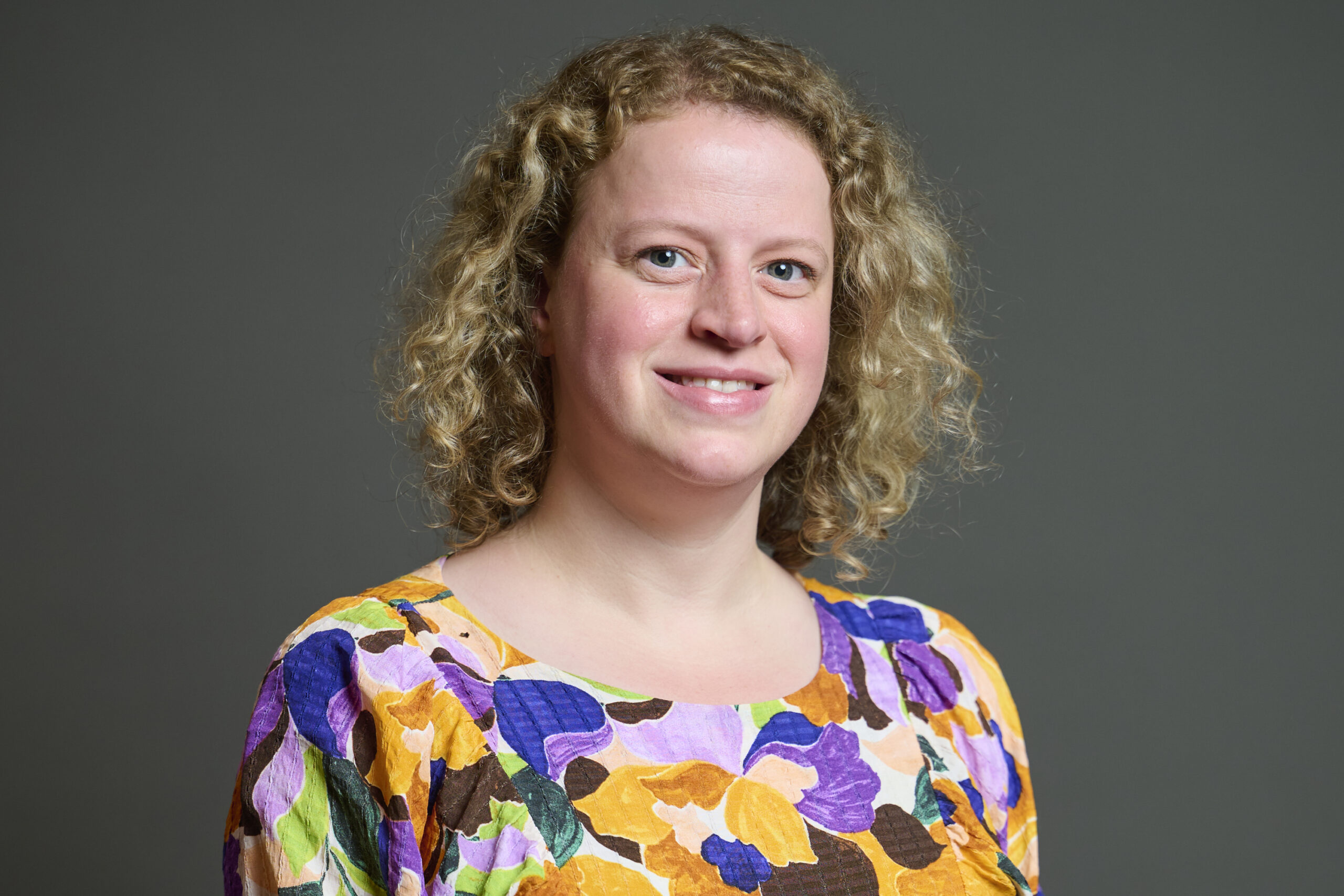The Prime Minister remarked that action on child poverty will be a “measure of what this government does”. I could not agree more. The Child Poverty Taskforce is set to unveil its strategy later this year, with measures such as introducing free breakfast clubs, expanding free school meals and increasing the national minimum wage signalling a meaningful commitment to reducing child poverty by addressing both immediate needs and structural inequalities.
But if we really want to effectively address the UK’s child poverty crisis, we must ensure that no child is left behind. Currently, children in migrant households make up more than a third of all children living in poverty and are much more likely than other children to be living in deep poverty. The Joseph Rowntree Foundation found that since 2019, there has been an 92% increase in the number of migrant households experiencing destitution.
Earlier this month, I led a parliamentary debate addressing the pressing issues of child poverty and the restrictive ‘No Recourse to Public Funds’ (NRPF) policy. NRPF denies many migrant families access to the social security safety net by prohibiting people from receiving vital benefits including Universal Credit, Child Benefit, childcare support, and access to social housing.
The Home Office doesn’t know how many children are affected by NRPF, or how many are living in poverty. But the estimated numbers are stark. The NRPF Partnership has estimated that around 722,064 children in the UK are directly affected by NRPF, with an estimated 382,000 living in poverty. Many of these children will grow up to become citizens, or are already British citizens.
During the debate, I highlighted the devastating consequences of the NRPF restriction on migrant families. Children in affected households experience food insecurity, overcrowded housing, barriers to education, and serious mental and physical health risks. It can also impact children’s opportunities to develop their social skills and build meaningful relationships during critical formative years.
NRPF must also be viewed in the context of wider systemic barriers within our immigration system, such as prolonged settlement routes, high visa fees, and the Immigration Health Surcharge. Together, it creates a perfect storm in which families face never-ending cycles of destitution, homelessness and uncertainty. Children should not be paying the price for this.
Not only is NRPF a harmful policy, it has also been ruled unlawful on multiple accounts. It places enormous pressure on local authorities, who are often left footing the bill for emergency support under Section 17 of the Children Act. It also runs counter to any long-term integration strategy. By pushing migrant families into poverty, NRPF restricts their ability to work, participate, and contribute fully to society.
Which is why during the debate I called for the NRPF restriction to be removed from migrant families in poverty. This approach does not grant unlimited welfare access to all migrants, it simply ensures that those in genuine need can receive vital support to maintain basic living standards like the rest of us. I have asked that the Child Poverty Strategy doesn’t just focus on levers that wouldn’t help migrant children.
This debate was a crucial step in highlighting the link between immigration policies and poverty. Too often, they are treated as separate issues. We must face up to the harsh reality that NRPF is both an inhumane and ineffective immigration measure that was introduced to deliberately push people into financial hardship.
In the current climate where the rhetoric around migration grows ever more hostile and cuts threaten the very fabric of social support—it is more important than ever to ensure that no child is left behind. A Child Poverty Strategy that ignores migrant children is not only incomplete—it is unachievable.


